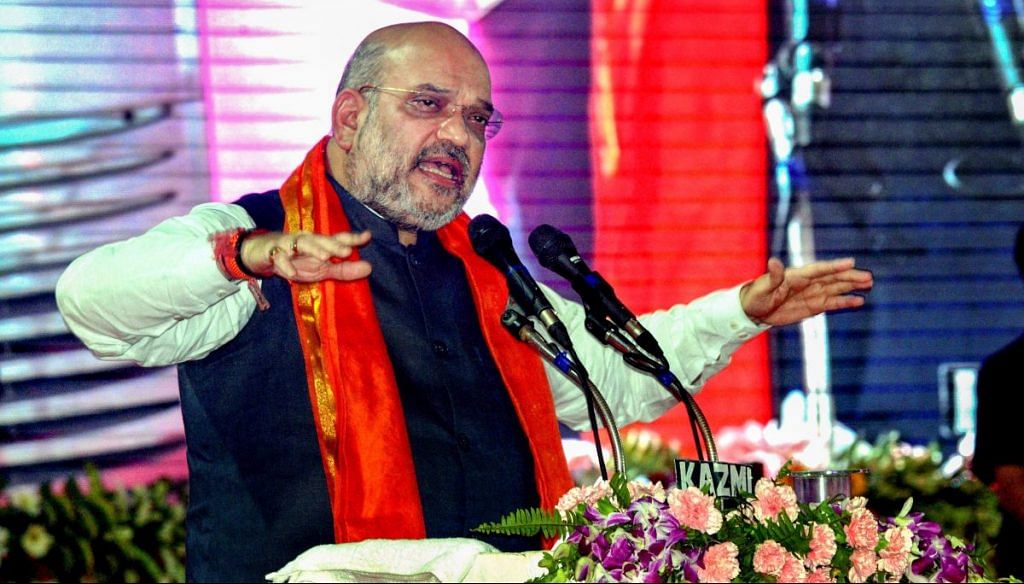State BJP units to identify outfits that may not have pan-state presence but could influence particular social groups
New Delhi: The Bharatiya Janata Party (BJP) has begun the process of identifying new allies for the 2019 Lok Sabha elections, a strategy aimed at not only expanding its voter base but also countering the state-specific alliances being formed by opposition parties.
BJP president Amit Shah has directed all state units to prepare a list of potential allies; the list would be discussed when he visits those states during his ‘pravas’.
The move to involve the state leadership in the exercise is to get them to identify smaller outfits that may not have a pan-state presence but have influence among particular social groups. The strategy to tie up with outfits such as the Rashtriya Lok Samata Party (RLSP) in Bihar, the Suheldev Bharatiya Samaj Party and the Apna Dal in Uttar Pradesh had helped the NDA virtually sweep these states in 2014.
In the 2014 elections, the BJP had forged alliances with 28 small and big regional parties to constitute the National Democratic Alliance (NDA). The NDA secured 334 seats in the 543-member Lok Sabha, including the BJP’s tally of 282.
Modi’s popularity may not have declined so far, but the ruling coalition at the Centre will face anti-incumbency in 2019, and double anti-incumbency in 20 states where the NDA is in power.
It has to also contend with a galvanised opposition. An anti-BJP federal front may not take off at the national level but state-specific alliance pose a big challenge to the ruling party.
A constituency-wise analysis of the 2014 Lok Sabha results showed that if the Congress, the BSP, the SP, the RLD, the RJD, the JMM and the JVM had been in an alliance then, they would have denied 64 seats to the BJP. If the first four parties had allied in Uttar Pradesh in 2014, the BJP, which eventually won 71 of the 80 Lok Sabha seats in the state, would have lost 49 of them.
It is in this backdrop that Amit Shah is looking to engage more partners in 2019.
Sanjay Kumar, director, Centre for the Study of Developing Societies, believes that alliances with smaller regional parties will benefit the BJP in the Lok Sabha polls. “The BJP realises that alliances with smaller regional parties are important as these are keenly contested elections. Plus, the bigger regional parties may not be attracted to it,” says Kumar.
“In Bihar, Kushwaha (RLSP leader Upendra Kushwaha) managed to consolidate OBC votes for the BJP, which largely had an upper caste vote bank in the state. Or at least it made a dent in the monopoly of Dalit and OBC votes that were commanded by established regional parties,” Kumar adds.
State units to make a fair assessment of rivals, party
Shah has also asked state leaders to keep themselves abreast of the happenings in rival parties. “We’ve been told to keep Intel on the strategy of opposition parties as we need to be ready with a counter in a politically crucial year. We can’t be caught off guard by any of the opposition’s strategy. Our brief is simple. Keep eyes and ears open and have friends in opposition parties,” said a senior leader of one of the states where Shah has taken a review meeting.
The state units of BJP have also been told to make a fair assessment of the possibility of the party winning elections in the respective states and to identify issues that can swing elections in favour of the BJP. With the Lok Sabha elections and assembly polls in a few of the most crucial states, every state has been tasked with shortlisting the party’s vulnerable and strong areas.
